10 World’s Oldest Libraries You Can Still Visit
In an era where digital screens dominate our daily lives, the allure of ancient libraries offers a profound connection to the past, a tactile experience that transcends the ephemeral nature of modern technology. Libraries have long been the custodians of human knowledge, culture, and history, serving as gateways to the past and guardians of the wisdom of the ages. This exploration into the world's oldest libraries invites adults to embark on a journey through time, where the whispers of history echo through the hallowed halls of these venerable institutions. Each library on this list offers a unique window into the past, embodying the intellectual and cultural heritage of its time. From the dusty manuscripts of the Middle Ages to the meticulously preserved scrolls of antiquity, these libraries are more than mere repositories of books; they are living testaments to the enduring human quest for knowledge. As we roam through time's tomes, we discover not only the stories contained within their pages but also the stories of the libraries themselves—tales of resilience, innovation, and the unyielding pursuit of enlightenment.
1. The Library of Ashurbanipal: A Glimpse into Assyrian Wisdom
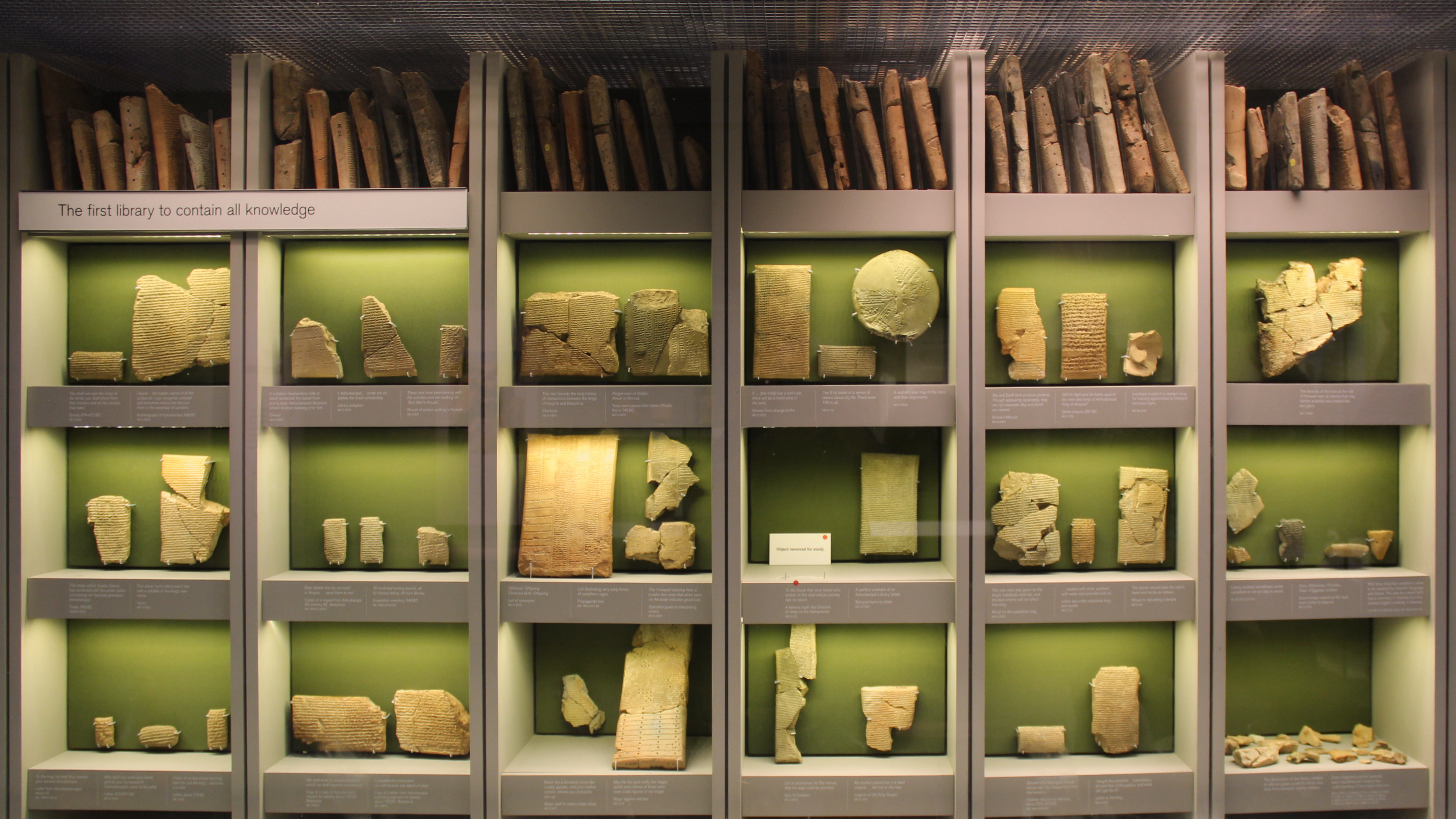
The Library of Ashurbanipal, located in the ancient city of Nineveh, is often heralded as the world's first systematically organized library. Established in the 7th century BCE by the Assyrian king Ashurbanipal, this library was a monumental achievement in the preservation of knowledge. Ashurbanipal, known for his scholarly pursuits, amassed a vast collection of cuneiform tablets covering a wide array of subjects, including religion, science, and literature. The library's most famous artifact, the Epic of Gilgamesh, is a testament to the literary and cultural richness of the Assyrian civilization. The library's organization and cataloging methods were remarkably advanced for its time, reflecting Ashurbanipal's dedication to creating a comprehensive repository of knowledge. Today, the remnants of this ancient library provide invaluable insights into the intellectual life of the Assyrian empire and the early development of libraries as centers of learning and scholarship.
2. The Great Library of Alexandria: A Beacon of Ancient Learning

The Great Library of Alexandria, founded in the 3rd century BCE, stands as one of the most iconic symbols of ancient learning and intellectual pursuit. Situated in the bustling city of Alexandria, Egypt, this library was a hub of scholarly activity, attracting the greatest minds of the ancient world. The library's vast collection, estimated to contain hundreds of thousands of scrolls, encompassed a wide range of subjects, from mathematics and astronomy to philosophy and medicine. The library's commitment to the acquisition and preservation of knowledge was unparalleled, with scholars traveling from far and wide to study its treasures. Despite its tragic destruction, the legacy of the Great Library of Alexandria endures, inspiring generations of scholars and bibliophiles. Its influence can be seen in the development of subsequent libraries and its enduring status as a symbol of human curiosity and the relentless pursuit of knowledge.
3. The Vatican Library: A Treasure Trove of Religious and Secular Texts
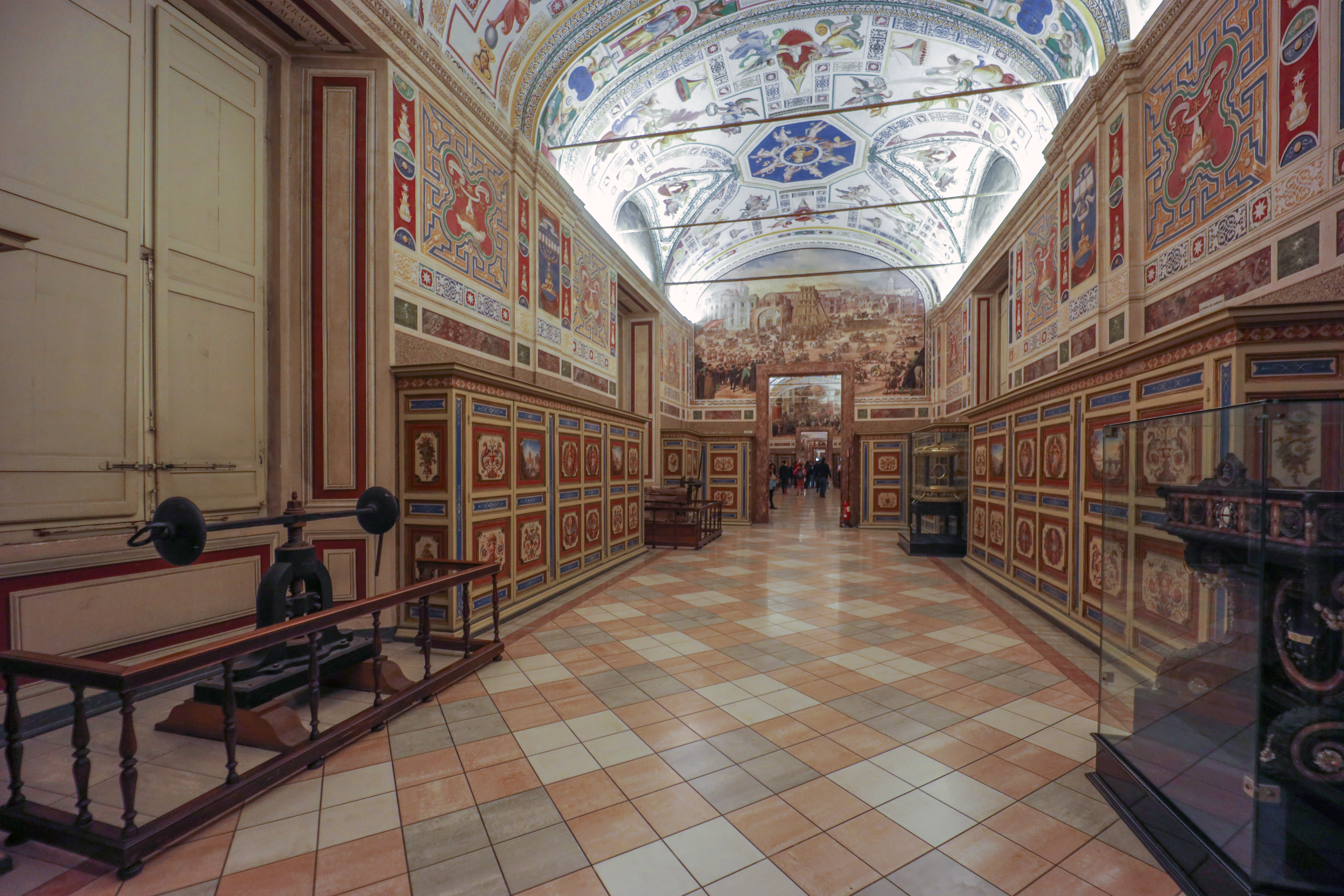
The Vatican Library, established in the 15th century, is one of the world's oldest and most significant repositories of religious and secular texts. Nestled within the Vatican City, this library houses an extensive collection of manuscripts, incunabula, and printed books, reflecting the rich tapestry of human thought and culture. The library's origins can be traced back to the efforts of Pope Nicholas V, who sought to create a comprehensive collection of texts that would serve as a resource for scholars and theologians. Over the centuries, the Vatican Library has grown to encompass a wide range of subjects, from theology and philosophy to science and the arts. Its collection includes rare and unique manuscripts, such as the Codex Vaticanus, one of the oldest extant copies of the Bible. The Vatican Library's commitment to the preservation and dissemination of knowledge has made it a vital resource for scholars and researchers worldwide, offering a glimpse into the intellectual and cultural heritage of humanity.
4. The Bodleian Library: Oxford's Bastion of Scholarly Pursuit

The Bodleian Library, established in the 17th century, is a cornerstone of academic life at the University of Oxford and one of the oldest libraries in Europe. Named after its founder, Sir Thomas Bodley, the library has been a beacon of scholarly pursuit for over four centuries. Its vast collection of books, manuscripts, and archives spans a wide range of disciplines, reflecting the university's commitment to academic excellence. The Bodleian Library's iconic architecture, with its grand reading rooms and intricate woodwork, creates an atmosphere of intellectual curiosity and discovery. The library's role as a legal deposit library ensures that it continues to receive copies of every book published in the United Kingdom, further enriching its already extensive collection. The Bodleian Library's dedication to the preservation and dissemination of knowledge makes it an invaluable resource for scholars and researchers, offering a glimpse into the rich intellectual history of Oxford and the broader academic community.
5. The Library of Saint Catherine's Monastery: A Desert Oasis of Knowledge
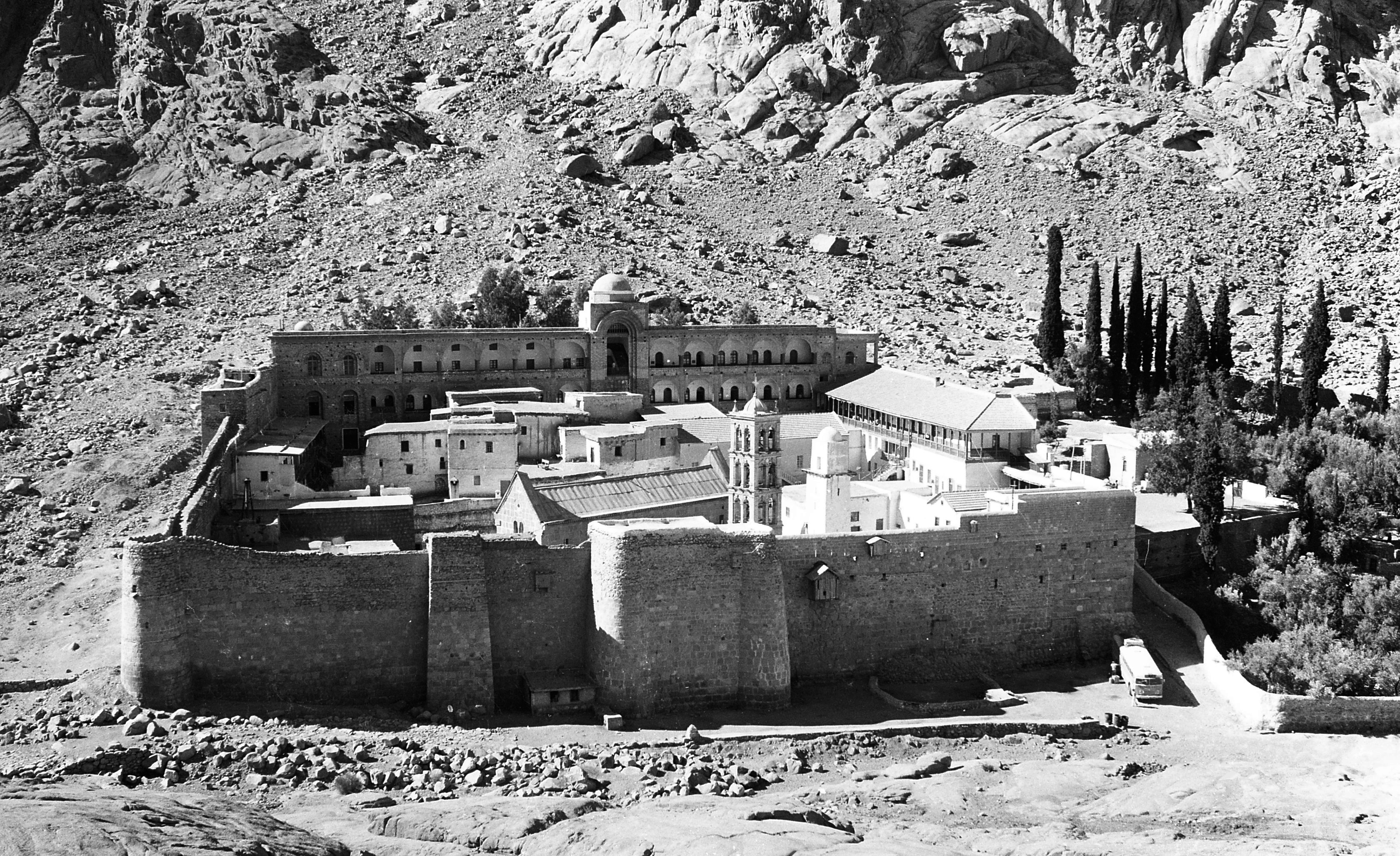
Nestled in the rugged mountains of the Sinai Peninsula, the Library of Saint Catherine's Monastery is one of the world's oldest continuously operating libraries. Founded in the 6th century, this library has been a sanctuary for knowledge and learning for over a millennium. Its remote location and the dedication of the monks who have maintained it have ensured the preservation of a remarkable collection of manuscripts and religious texts. The library's collection includes ancient Greek, Latin, Arabic, and Syriac manuscripts, offering a unique window into the religious and cultural exchanges of the Byzantine era. The library's most famous artifact, the Codex Sinaiticus, is one of the oldest complete copies of the Christian Bible, highlighting the library's significance as a repository of religious texts. The Library of Saint Catherine's Monastery stands as a testament to the enduring human quest for knowledge and the preservation of cultural heritage in the face of time and adversity.
6. The Royal Library of Denmark: A Scandinavian Jewel of Knowledge
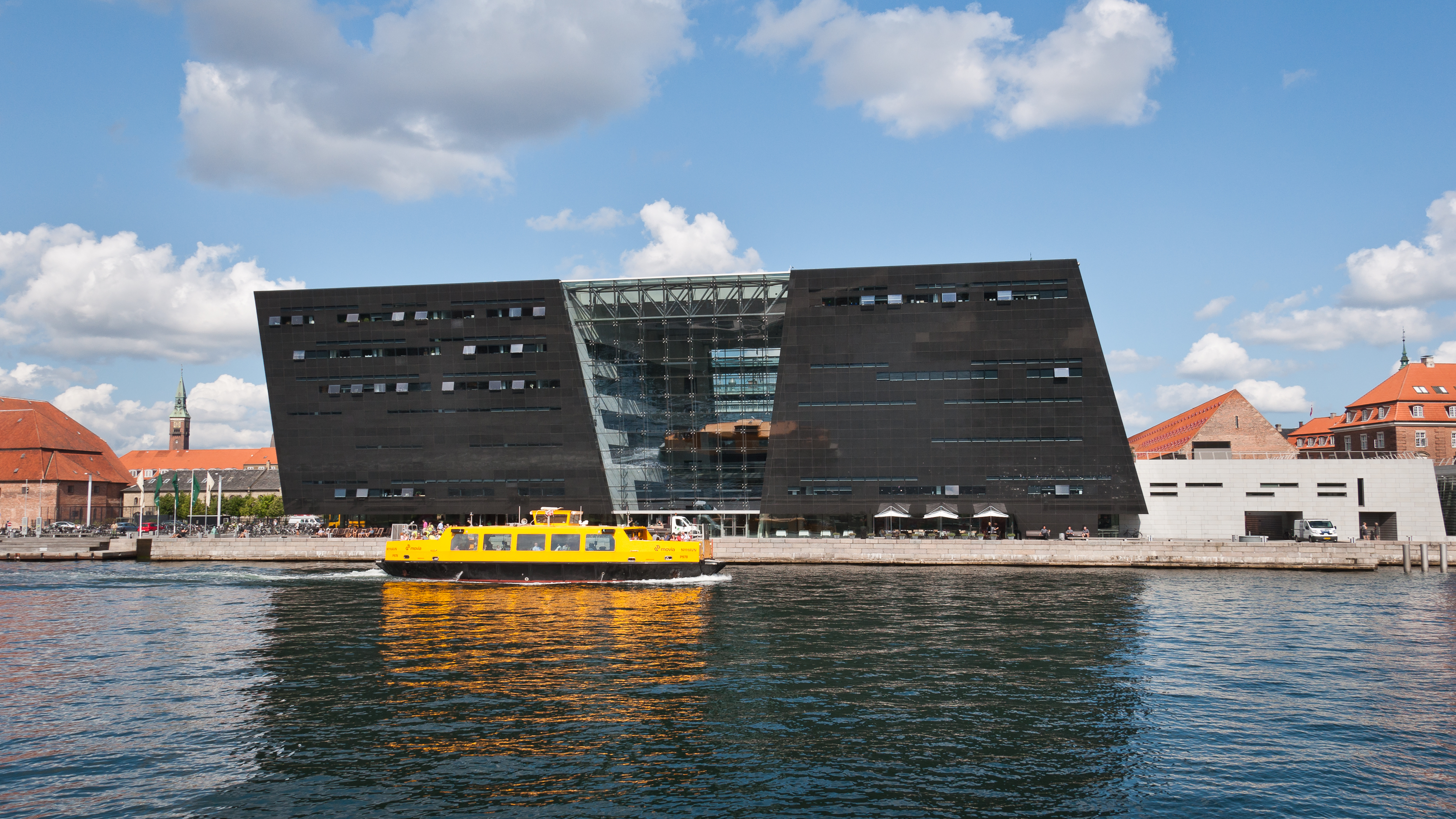
The Royal Library of Denmark, also known as the Black Diamond, is a modern architectural marvel that houses one of the oldest and most comprehensive collections of books and manuscripts in Scandinavia. Founded in 1648 by King Frederik III, the library has grown to become a vital center of learning and research. Its collection includes rare and unique manuscripts, incunabula, and printed books, reflecting the rich cultural and intellectual heritage of Denmark and the broader Scandinavian region. The library's striking modern architecture, with its sleek lines and expansive glass façade, creates a dynamic contrast with its historic collection, symbolizing the library's commitment to bridging the past and the present. The Royal Library of Denmark's dedication to the preservation and dissemination of knowledge makes it an invaluable resource for scholars and researchers, offering a glimpse into the rich intellectual history of Scandinavia and the broader European context.
7. The National Library of China: A Repository of Eastern Wisdom

The National Library of China, established in 1909, is the largest library in Asia and one of the most significant repositories of Chinese literature and culture. Located in Beijing, the library houses an extensive collection of books, manuscripts, and artifacts, reflecting the rich tapestry of Chinese history and thought. The library's collection includes rare and unique manuscripts, such as ancient Chinese classics, imperial edicts, and historical documents, offering a comprehensive overview of China's intellectual and cultural heritage. The library's commitment to the preservation and dissemination of knowledge is evident in its extensive digital collection, which provides access to a wealth of resources for scholars and researchers worldwide. The National Library of China stands as a testament to the enduring human quest for knowledge and the preservation of cultural heritage, offering a unique window into the rich intellectual history of China and the broader Asian context.
8. The National Library of France: A Monument to Enlightenment
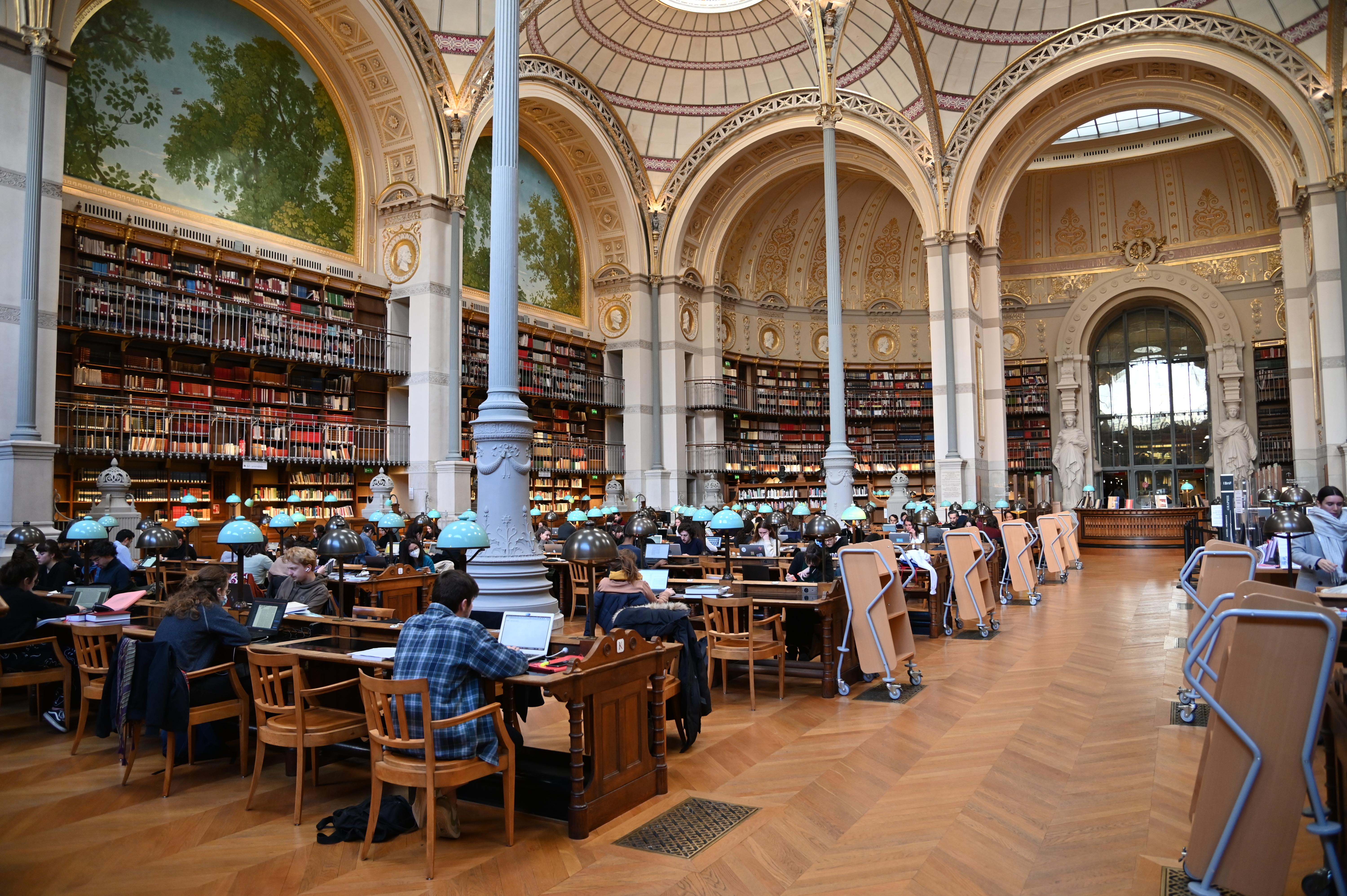
The National Library of France, established in the 14th century, is one of the world's oldest and most significant libraries, reflecting the rich intellectual and cultural heritage of France. Located in Paris, the library houses an extensive collection of books, manuscripts, and artifacts, encompassing a wide range of subjects, from literature and philosophy to science and the arts. The library's origins can be traced back to the efforts of King Charles V, who sought to create a comprehensive collection of texts that would serve as a resource for scholars and intellectuals. Over the centuries, the library has grown to become a vital center of learning and research, attracting scholars and researchers from around the world. The National Library of France's commitment to the preservation and dissemination of knowledge makes it an invaluable resource for scholars and researchers, offering a glimpse into the rich intellectual history of France and the broader European context.
9. The University of Salamanca Library: Spain's Scholarly Gem
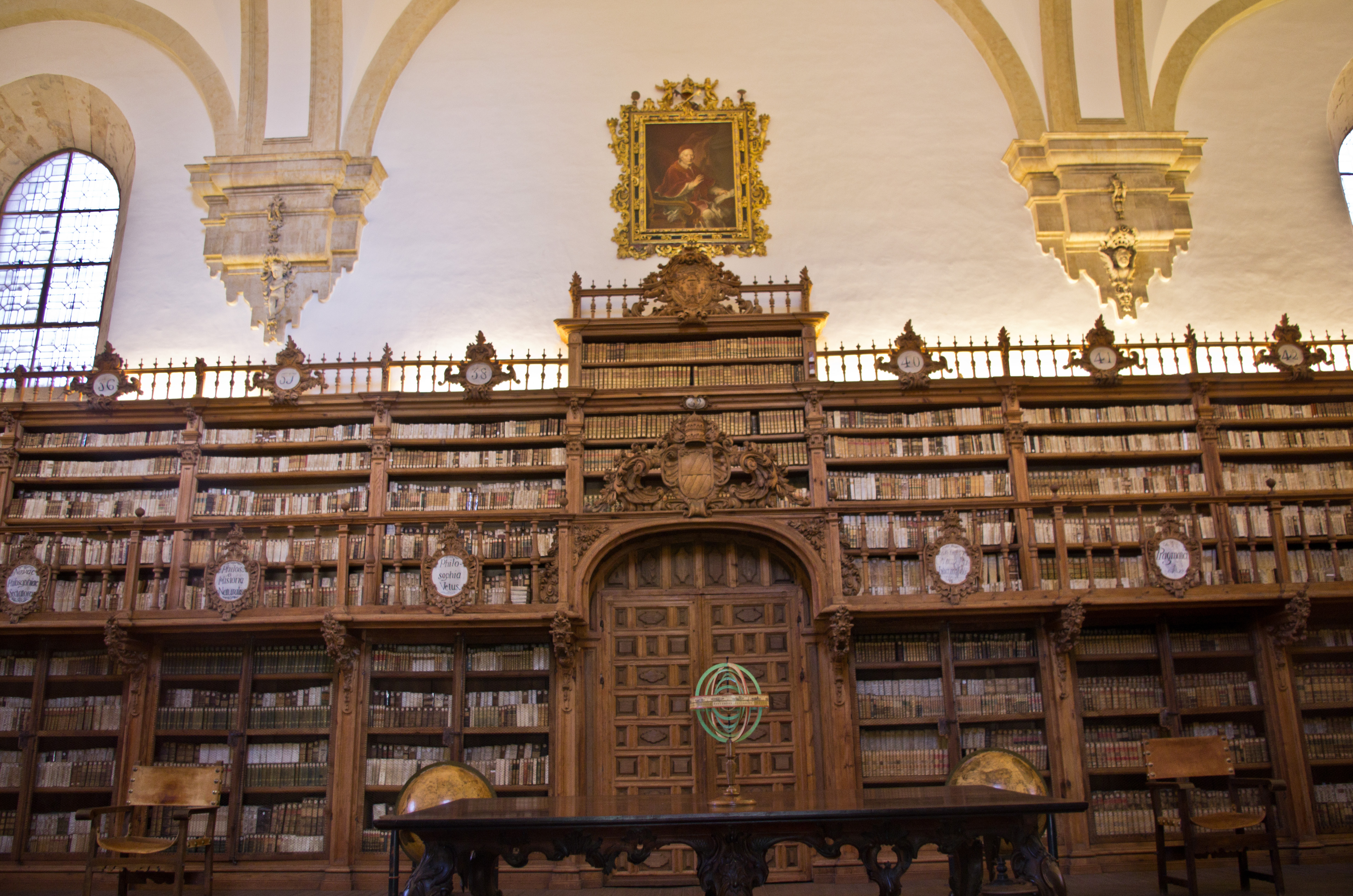
The University of Salamanca Library, founded in the 13th century, is one of the oldest university libraries in the world and a testament to Spain's rich intellectual and cultural heritage. Located in the historic city of Salamanca, the library houses an extensive collection of books, manuscripts, and artifacts, reflecting the university's commitment to academic excellence. The library's collection includes rare and unique manuscripts, such as medieval codices and early printed books, offering a unique window into the intellectual and cultural exchanges of the medieval and Renaissance eras. The library's stunning architecture, with its intricate stone carvings and grand reading rooms, creates an atmosphere of intellectual curiosity and discovery. The University of Salamanca Library's dedication to the preservation and dissemination of knowledge makes it an invaluable resource for scholars and researchers, offering a glimpse into the rich intellectual history of Spain and the broader European context.
10. The National Library of Russia: A St. Petersburg Legacy
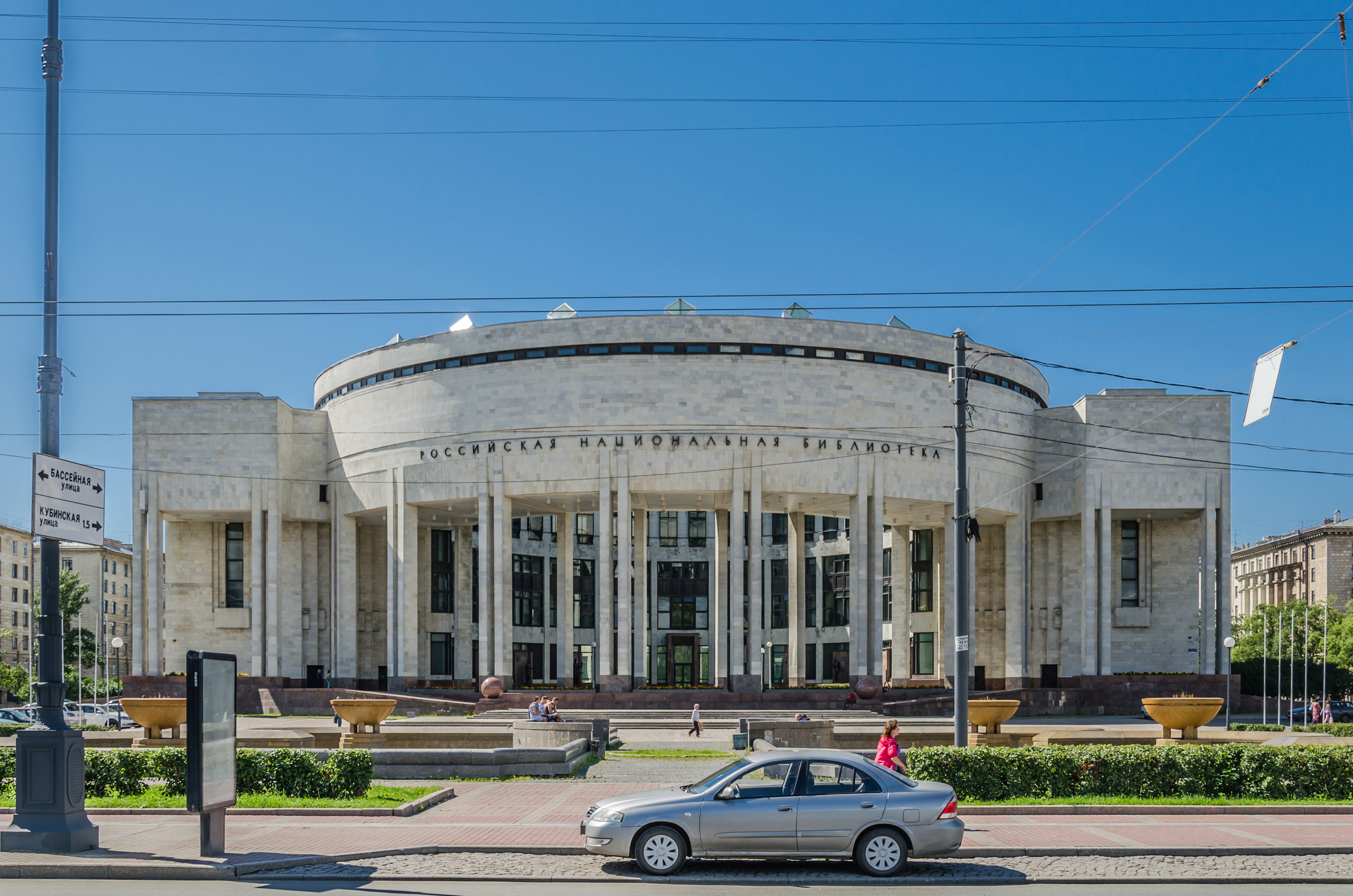
The National Library of Russia, established in 1795, is one of the world's largest and most significant libraries, reflecting the rich intellectual and cultural heritage of Russia. Located in St. Petersburg, the library houses an extensive collection of books, manuscripts, and artifacts, encompassing a wide range of subjects, from literature and philosophy to science and the arts. The library's origins can be traced back to the efforts of Empress Catherine the Great, who sought to create a comprehensive collection of texts that would serve as a resource for scholars and intellectuals. Over the centuries, the library has grown to become a vital center of learning and research, attracting scholars and researchers from around the world. The National Library of Russia's commitment to the preservation and dissemination of knowledge makes it an invaluable resource for scholars and researchers, offering a glimpse into the rich intellectual history of Russia and the broader European context.
As we conclude our journey through the world's oldest libraries, we are reminded of the enduring legacy of these venerable institutions. Each library on this list offers a unique window into the past, embodying the intellectual and cultural heritage of its time. From the ancient scrolls of the Great Library of Alexandria to the meticulously preserved manuscripts of the Vatican Library, these libraries are more than mere repositories of books; they are living testaments to the enduring human quest for knowledge. The stories contained within their pages, and the stories of the libraries themselves, inspire us to continue our pursuit of enlightenment and to cherish the rich tapestry of human thought and culture. As we roam through time's tomes, we are reminded of the timeless allure of ancient libraries and the profound connection they offer to the past.








